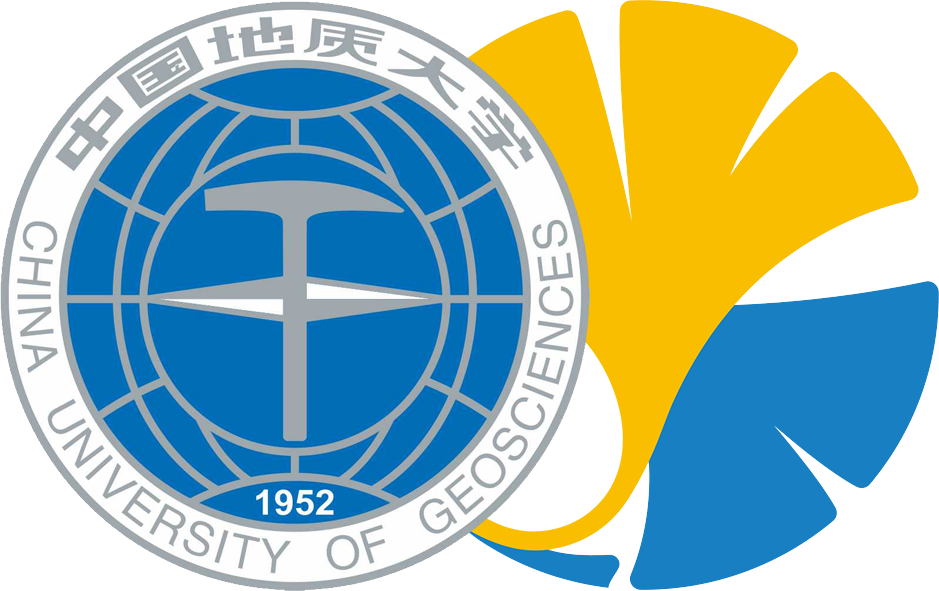Name: Peng Luo
Email: peng.luo@tum.de
EDUCATION:
Sep. 2020–present: Technical University of Munich
Ph.D. candidate in Cartography (Supervised by Prof. Liqiu Meng)
l Research interest: Uncertainty analysis, Social sensing, Population mapping
Sep. 2017 – Jul. 2020: Peking University
MS in Photogrammetry and Remote Sensing (Supervised by Prof. Xianfeng Zhang)
l Specialized in: Population modelling; Spatio-temporal data analysis; Image classification
l Master’s Thesis: Dynamic population mapping and loss assessment for earthquake demand
Sep. 2013 – Jul. 2017: Shandong University of Science and Technology
BS in Geomatics Engineering (Supervised by Prof. Lin Sun)
l Selected Courses: Calculus (4.0/4.0), Linear algebra(4.0/4.0) , Data structure and database(4.0/4.0)
PROJECT EXPERIENCE:
Aug. 2019 – Present: Principal Investigator, Developing an economic sustainability indicator system for infrastructure systems, Curtin University
n Computing infrastructure performance indicators using statistical data, POI data and remote sensing data
n Identifying spatial variations of economic sustainability of infrastructure systems (between urban and rural areas)
Mar. 2018 – Present: Principal Investigator, Dynamic analysis technology of post-earthquake
disaster, Peking University
n Static population mapping at building level using multi- remote sensing data, with higher accuracy than most population data. The building footprints were extracted from high resolution images using Mask R-CNN. This method has been used by the Sichuan Seismological Bureau and works well now
n Dynamic population mapping using remote sensing data and social media data (e.g. POIs, Taxi GPS data, Mobile Phone data), based on Machine Learning algorithm (e.g. K-means, XGBoost)
n Extracted urban functional zones using social media data
n Estimated life loss of earthquake based on disaster information extraction and population estimation
n Estimated economic loss of earthquake using Hierarchical clustering and Information Diffusion Theory
n Predicted real- time passengers based on Taxi GPS data using CNN and LSTM
Jun. 2019 – Present: Cooperative Investigator,Public safety monitoring, Peking University
n Modeling risk terrain and behaviors portrait to predict criminal risk
n Detected crime hotspots using Kernel density estimation
n Analyzed road network accessibility
Sep. 2017 – Jun. 2018: Cooperative Investigator, Mining area ecological monitoring using UAV images, Peking University
n Estimated fractional vegetation coverage using Random forest model
n Soil quality detection and heavy metal content estimation in mining area
PUBLICATIONS:
[1] Peng Luo, Xianfeng Zhang※, Junyi Cheng and Quan Sun. “Modeling population density using vegetation temperature light population index derived from multi-source remote sensing data”. Remote sensing.
[2] Junyi Cheng, Xianfeng Zhang※, Peng Luo and Wanting Yang. “Random forest model for the estimation of fractional vegetation coverage based on a UAV-ground co-sampling strategy in the mining region”. Acta Scientiarum Naturalium Universitatis Pekinensis.
[3] Wanting Yang, Xianfeng Zhang※, Peng Luo. “Transferability of Convolutional Neural Network Models for identifying Earthquake Damaged Buildings”. Remote sensing. (Major revision)
[4] Yao Yao, Zhuolun Wang, Peng Luo※, Hanyu Yin, Ziqi Liu, Jiaqi Zhang, Qingfeng Guan. “RunnerDNA: Sport activity recognition and individual identification using smart phone multi- sensors data”. IEEE sensor journal. (Under review)
[5] Peng Luo, Yongze Song※. “Assessing impacts of road transportation infrastructure on spatial tradeoffs between economic growth and environment”. (Manuscript in preparation)
[6] Peng Luo, Xianfeng Zhang※. “Do the Machine Learning spatial models reveal more geographical information during population mapping?”. (Manuscript in preparation)
[7] Peng Luo, Xianfeng Zhang※. “Dynamic population mapping based on social media data and remote sensing data”. (Manuscript in preparation)
Presentation:
Peng Luo: “Gridded population density estimation based on multi-source remote sensing data and POI data”, EOEC 2019 and GiT4NDM, 2019, June 24-26, Chengdu, China.
Peer Reviewer:
Sustainability
Teaching :
Geoinformation (exercise of ArcGIS, Master Course)
Selected Awards:
n June 2020: Excellent Graduate of Peking University
n Sep. 2019: Merit Student of Peking University
n Sep. 2019: Academic Scholarship of Peking University
n Aug. 2018: Academic Scholarship of Peking University
n Sep. 2017: Academic Scholarship of Peking University
Professional Skills:
n Languages
English, Chinese (Native)
n CS Skills
Programming: Python, R, C/C++, MATLAB
GIS Software: ArcGIS, QGIS
Remote sensing: ENVI/IDL, Google Earth Engine
Others: TensorFlow, PyTorch, Keras, Spark, SPSS









